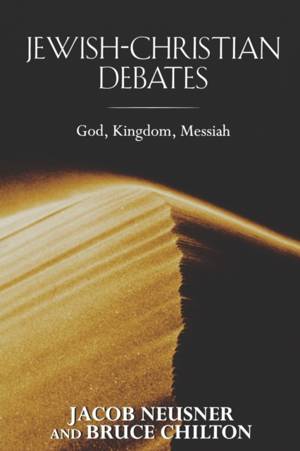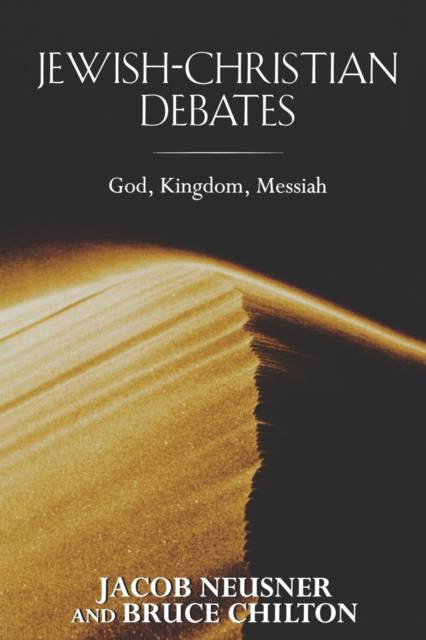
- Retrait gratuit dans votre magasin Club
- 7.000.000 titres dans notre catalogue
- Payer en toute sécurité
- Toujours un magasin près de chez vous
- Retrait gratuit dans votre magasin Club
- 7.000.0000 titres dans notre catalogue
- Payer en toute sécurité
- Toujours un magasin près de chez vous
Description
Two eminent scholars, each expert in his own tradition, take Jewish-Christian dialogue to a new level. Aiming at neither mere description nor conversion, each presents the classical elements of his tradition's understanding of three fundamental, common religious questions: where to meet God, how to live, and what to hope for.
Chilton and Neusner's lively comparisons serve as a primer on the defining energies of these twomonumental religious traditions, intertwined in their roots. The reader is invited to identify the traditions'unity of questions and the equally strong differences in answers and thereby to illumine one's own faithcommitments about belief, piety, and the purpose of human life.
Spécifications
Parties prenantes
- Auteur(s) :
- Editeur:
Contenu
- Nombre de pages :
- 258
- Langue:
- Anglais
Caractéristiques
- EAN:
- 9780800631093
- Date de parution :
- 05-09-00
- Format:
- Livre broché
- Format numérique:
- Trade paperback (VS)
- Dimensions :
- 151 mm x 225 mm
- Poids :
- 349 g

Les avis
Nous publions uniquement les avis qui respectent les conditions requises. Consultez nos conditions pour les avis.






